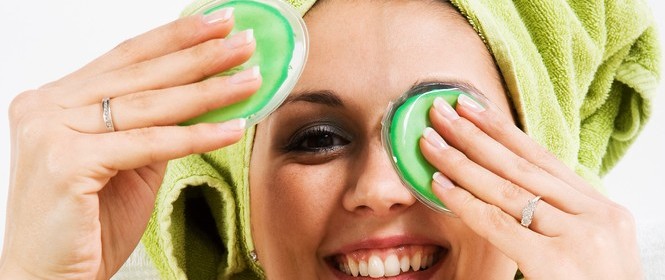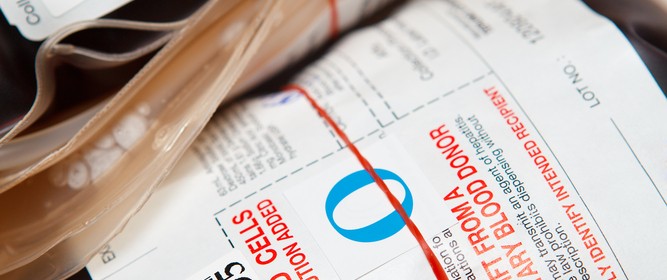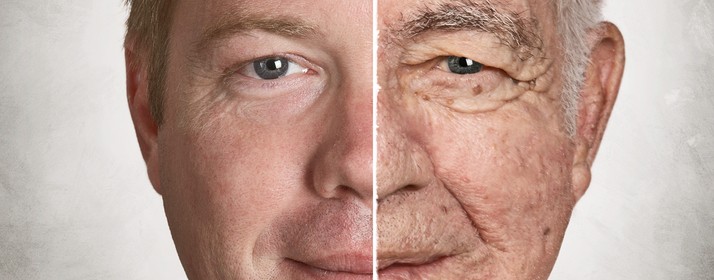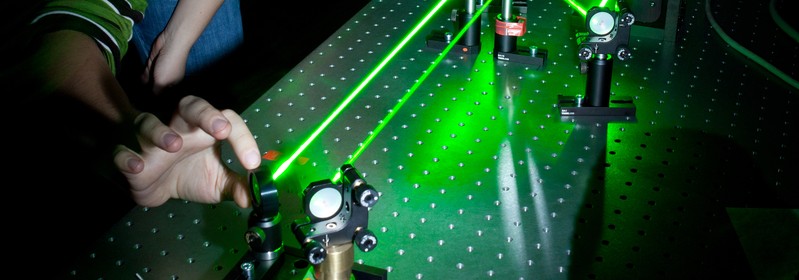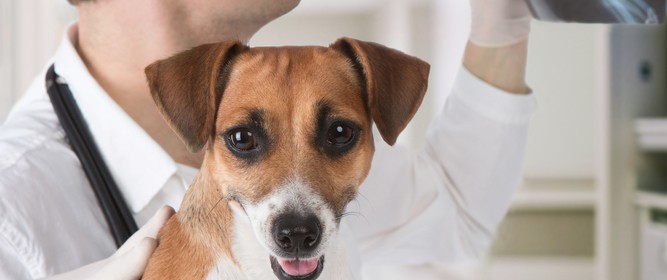The Curious Case of Sun Sneezing

Have you ever been in a dark place, say a movie theatre or a room with all the blinds close, and walked outside into the daylight when, all of a sudden, you begin to sneeze uncontrollably? You had no runny nose or desire to sneeze prior to this exposure to sunlight, but you just can’t help that big achoo? If […]
Read more


